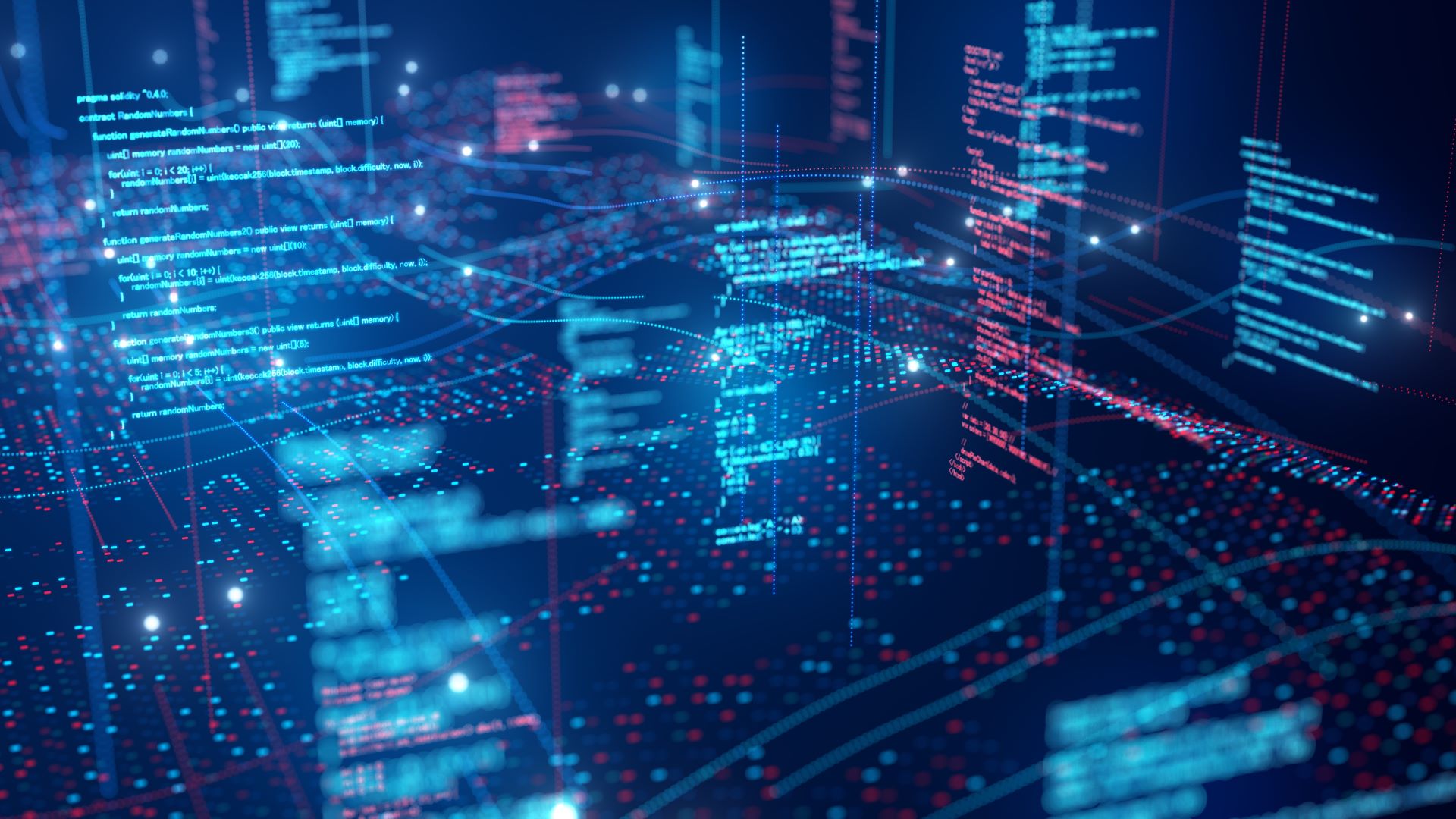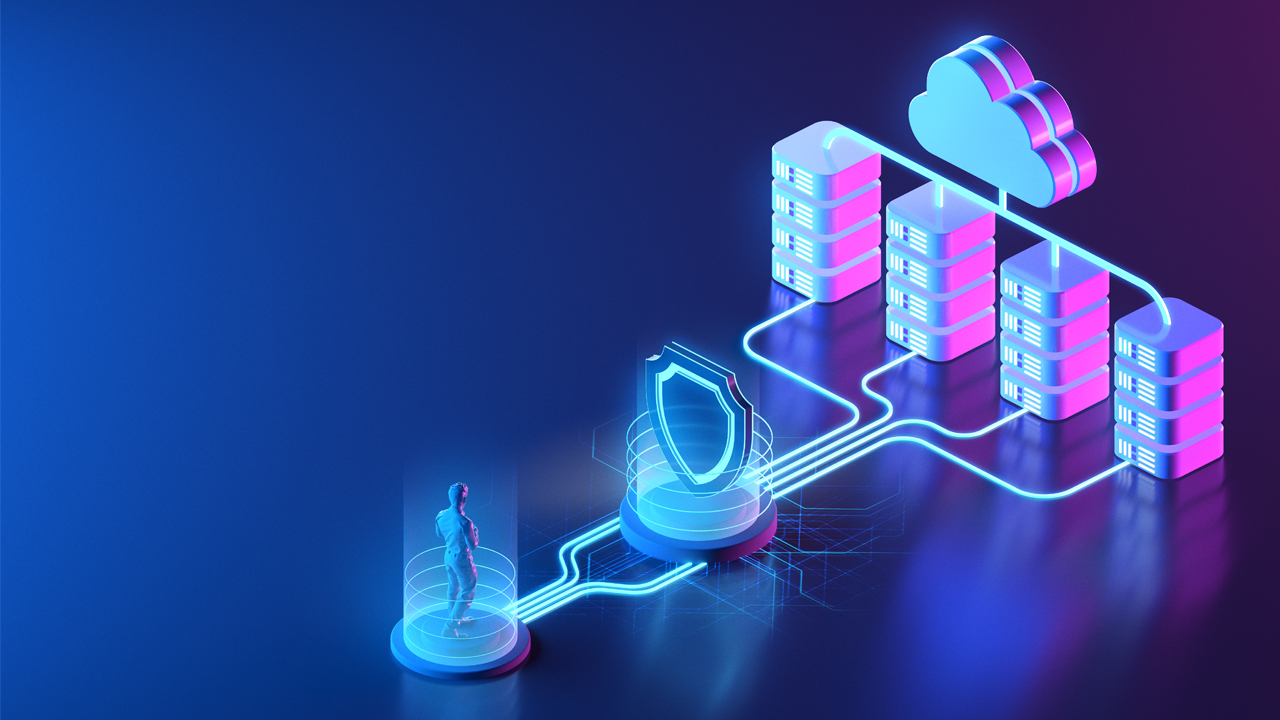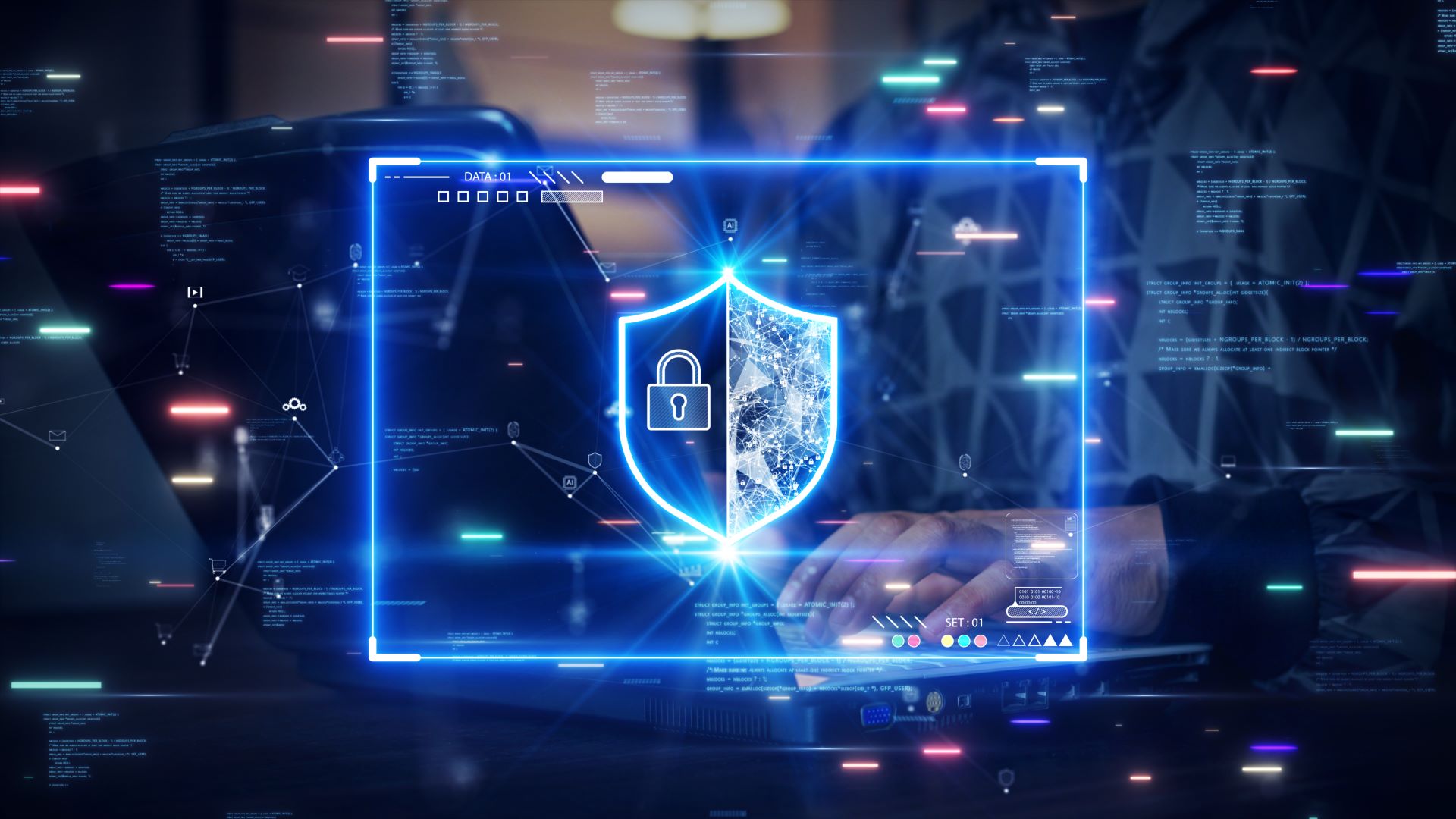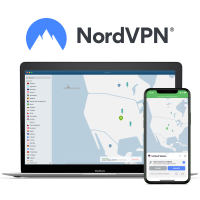No-logs versus zero-logs: what’s the difference?
Does

Virtual private networks (or VPNs) are often touted as the answer to all of your security problems online. VPN providers will use bold claims to back up the sales pitch, but even when you’re using a VPN, you’re still sharing personal information like your IP address or browsing history that can be used to identify you. Your VPN just hides this data from everyone else.
There’s no way around it – your VPN provider knows who you are, even if the services you access don’t. The best VPNs, however, don’t keep logs of this data. These no-log VPNs offer you the best chance of staying private online.
There’s a catch, however. You can’t trust the claim from every VPN that your data isn’t saved. Plenty will claim that no-logging or ‘zero-logging’ is taking place. You’ll need to know how to separate the VPNs telling you the truth from the fakes out there that will put your data at risk.
The best VPN with a four-time proven no-logs policy: NordVPN
NordVPN has come the top of our list in our VPN testing, and for good reason.
Not only does it offer excellent security and privacy features, like ad blocking and malware detection, but also has blisteringly fast speeds and superb unblocking skills. On top of this, it's proven its no-logs policy via independent audit four times.
You can try it out risk-free thanks to its 30-day money-back guarantee.
What logs are recorded by your VPN provider?
When you access the internet, you’re sharing data about yourself and the device you’re using. In the right hands, this data can be used to create a digital fingerprint of your activities online. The weak link is the VPN server itself. While the server passes on your requests and sanitizes them, removing your personal data, the server itself will still log some of your identifying information.
The first type of data being logged by the VPN provider will contain information about the connections being made to its servers. This information could include the server you’re connecting to (including the IP address or name), the amount of data you’ve used, and timestamps showing when you connected and disconnected from the server.
This kind of connection data might also include specific provider-related data for analytical purposes, but on the whole, it should remain fairly anonymous. The real problem (from a privacy point of view) is the usage data.
This data could be used to identify you and your online activities. It might include the sites you’ve visited, the connections you’ve made, the files you’ve downloaded, and your unique identifiers, such as your IP address and device information. This is the kind of data that law enforcement will look to obtain in court orders, for instance.
Sign up to get the BEST of Tom's Guide direct to your inbox.
Get instant access to breaking news, the hottest reviews, great deals and helpful tips.
When a VPN claims to be ‘no-logs’, it’ll be referring to the fact that it doesn’t keep hold of usage logs, but some level of anonymized data will still be recorded. It might be very brief connection data, used for analytics or diagnostic purposes, but it shouldn’t include the more damaging usage data with it. As long as the provider is trustworthy, that is.

No-logs versus zero-logs: what’s the difference?
Most VPNs out there will claim to be the most secure VPN around. A lot of them will claim that they’re no-log or zero-log VPNs. You might think that a no-log VPN and a zero-log VPN are the same thing, but that isn’t the case.
No-logs VPNs usually refer to the fact that your usage data isn’t logged. That doesn’t stop a no-log VPN provider from logging other information, such as connection timestamps. A zero-log VPN, meanwhile, is logging absolutely nothing – at least, in theory.
True zero-log VPNs are very rare. It’s harder for a zero-log VPN to prove that absolutely no information at all about you is being recorded. Most providers will want to keep some connection logs, even if it’s just for troubleshooting. No-log VPNs are more common for this reason.
Some VPNs will commission independent, third-party audits to test the service out and confirm that no usage data is logged as claimed. For example, our top VPN provider, NordVPN, recently underwent its fourth audit to verify its no-logs claim.
These audits usually confirm the level of data that is recorded and whether it matches the privacy policy in use. Other VPNs won’t go this far, but most of the best providers in our testing have. If a VPN's no-logs policy has not been verified, they should still offer clear, easy-to-read privacy policies that explain exactly what data is being recorded.

How to find a trustworthy no-logs VPN
No matter what VPN you’re using, it's important not to trust any logging claims without doing your due diligence first. There are plenty of pretenders out there that claim to be no-log or zero-log providers. You want to find a top-tier VPN that doesn’t log your data and keeps your privacy as the number one priority, with guaranteed privacy rules in place.
First, pour over the privacy policy for clarity and to check for any loopholes, but double it up with a check for recent third-party audits. This is the gold standard that every VPN provider should be aiming to provide, especially if the audit is completed by one of the ‘big four’ auditing firms.
If an auditor confirms what the privacy policy says, then you’re a step closer, but don’t forget to do a quick search for recent news reports about the security of the provider, too. How a VPN handles law enforcement requests or data breaches will tell you how trustworthy a guardian they are of your data.
If you’re starting to feel confident, look more closely at the product on offer. Don’t settle for anything less than AES-256 encryption from a VPN provider. Data that’s encrypted can’t be intercepted and snooped on by anyone, whether it’s a nosy ISP or a rogue hacker. This makes the data unusable for anyone but you.
It’s also a good idea to stick with tried-and-tested VPN protocols. Wireguard and OpenVPN are the best options here. If it’s proprietary tech, treat it with scepticism, even from big-name providers. Secure VPNs will also include other features to boost security, like a kill switch to stop data leaking when you lose connection to your VPN.
- Olivia PowellTech Software Commissioning Editor

